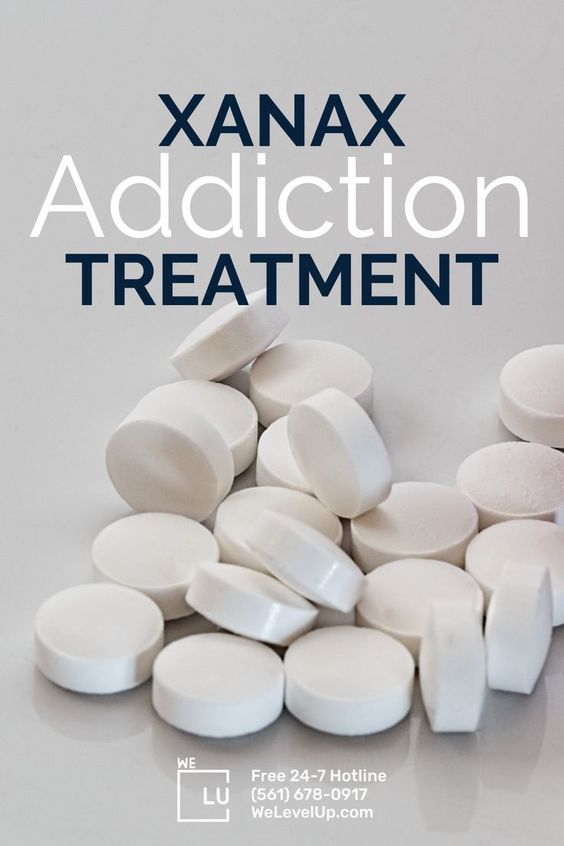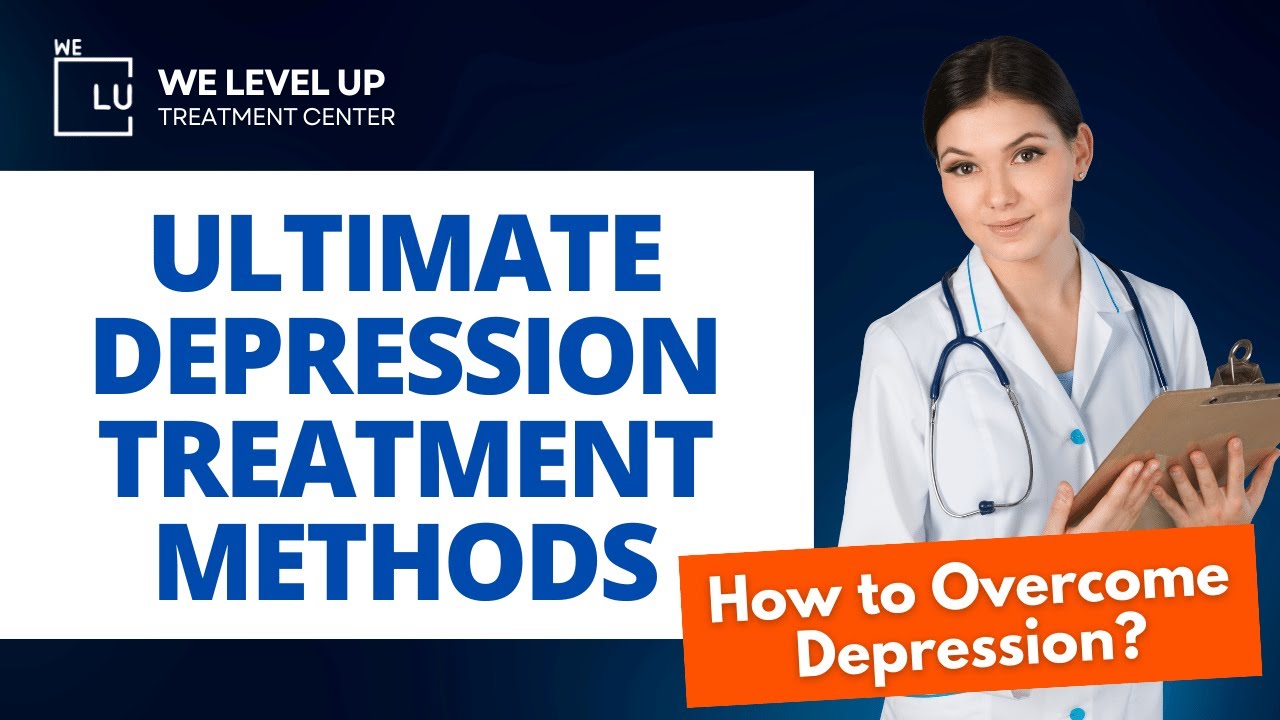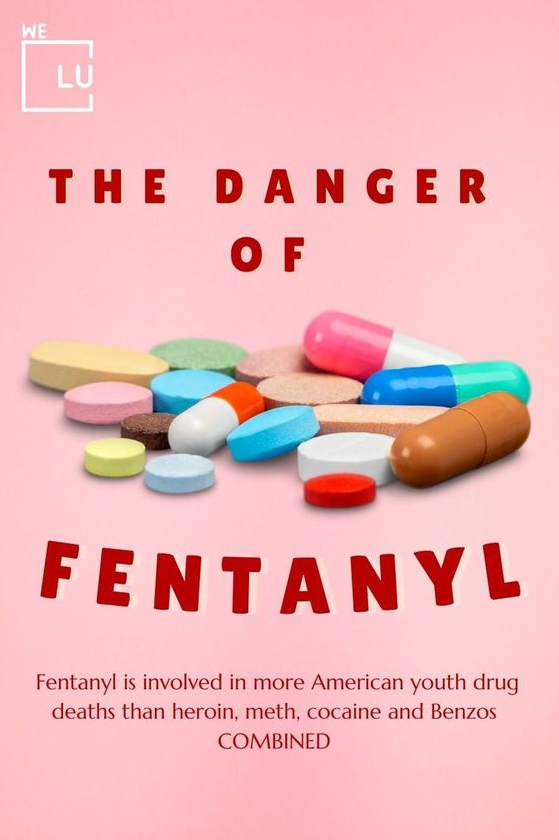Snorting gabapentin is not its intended method of use. While gabapentin pills are designed for oral consumption, individuals seeking to misuse the drug may resort to dangerous methods, such as powdering and sniffing the drug. This method poses significant health risks as it can lead to adverse effects and complications, such as a higher risk of overdose and withdrawal.
If you are addicted to gabapentin, getting expert assistance is essential to ensuring a secure and successful detox and rehabilitation. Reclaim your life today! Call We Level Up Texas Treatment Center 24/7 for a free consultation.
What is Gabapentin?
Gabapentin, a prescription medication also known by its brand name Neurontin, is used to treat:
- Neuropathic pain.
- Epilepsy.
- Hot flashes.
- Restless legs syndrome.
Gabapentin reduces brain nerve impulses as a mild tranquilizer. Although the medicine was once thought to have a limited potential for misuse, its euphoric effects can result in substance use disorder; even though the Drug Enforcement Administration has not classed it as a restricted substance since its release in 1993, it is classified as a Schedule III-V controlled drug in certain states.
Can You Snort Gabapentin?
Generally, an oral capsule, oral solution, or oral tablet with immediate release is indicated for gabapentin. Nonetheless, those who begin abusing the medication frequently inhale powdered gabapentin down their nasal passages.
One case study described individuals snorting gabapentin from capsules and experiencing a high similar to that felt after snorting cocaine. Another commonly reported sensation from gabapentin misuse was sedation/relaxation/calmness. [1]
What Happens If You Snort Gabapentin?
For some drugs, snorting gabapentin is the preferred method for misuse. But the short- and long-term effects can lead to significant damage. The physical harm of gabapentin effects manifests in several ways. Signs to look for include:
- Runny nose.
- Frequent cold/allergy signs.
- Chronic sinus/nasal problems.
- Nosebleeds.
- Sores on mouth or nose.
- Problems swallowing and breathing.
Someone snorting gabapentin may possess paraphernalia, such as razor blades, tiny spoons, straws, and small mirrors.
The effects of gabapentin, which include euphoria, tranquility, and greater sociability, are experienced by large-scale snorting of the substance. As a result of consumers chasing after this high over time, the users can develop a physical and psychological dependence that leads to addiction.
Why Do People Snort Gabapentin?
Prevalence of gabapentin misuse in the general population was reported to be 1%, 40-65% among individuals with prescriptions, and between 15 and 22% within populations of people who abuse opioids. An array of subjective experiences resembling opioids, benzodiazepines, and psychedelics were reported over various doses, including those within clinical recommendations. [2]
Gabapentin was primarily misused for recreational purposes, self-medication, or intentional self-harm and is often misused alone or in combination with other substances, especially opioids, benzodiazepines, and alcohol. Individuals with histories of drug abuse were most often involved in its misuse.
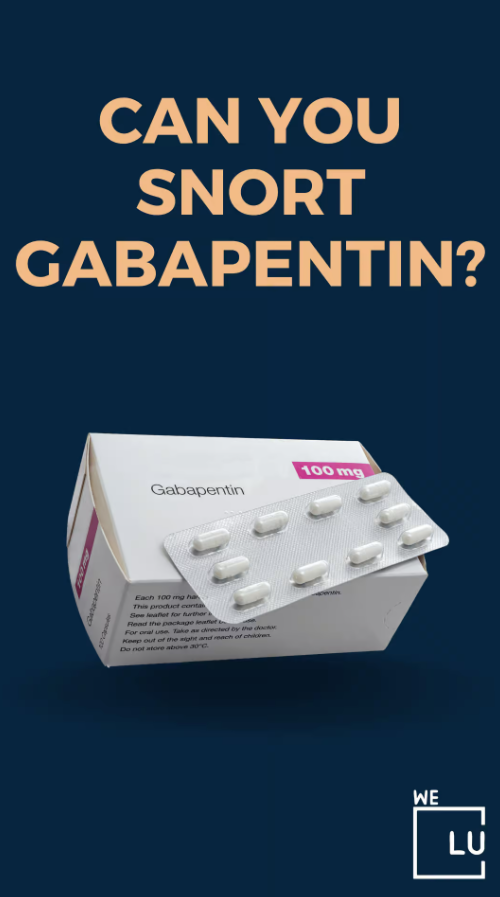
Skip To:
Learn More:
Dangers and Side Effects of Snorting Gabapentin
As with euphoria from snorted gabapentin, sedation/relaxation/calmness can also be experienced in combination with other substances (e.g., quetiapine, alcohol, cannabis, buprenorphine/naloxone) or by taking gabapentin alone, and over a range of dosages (e.g., 600–4800 mg).
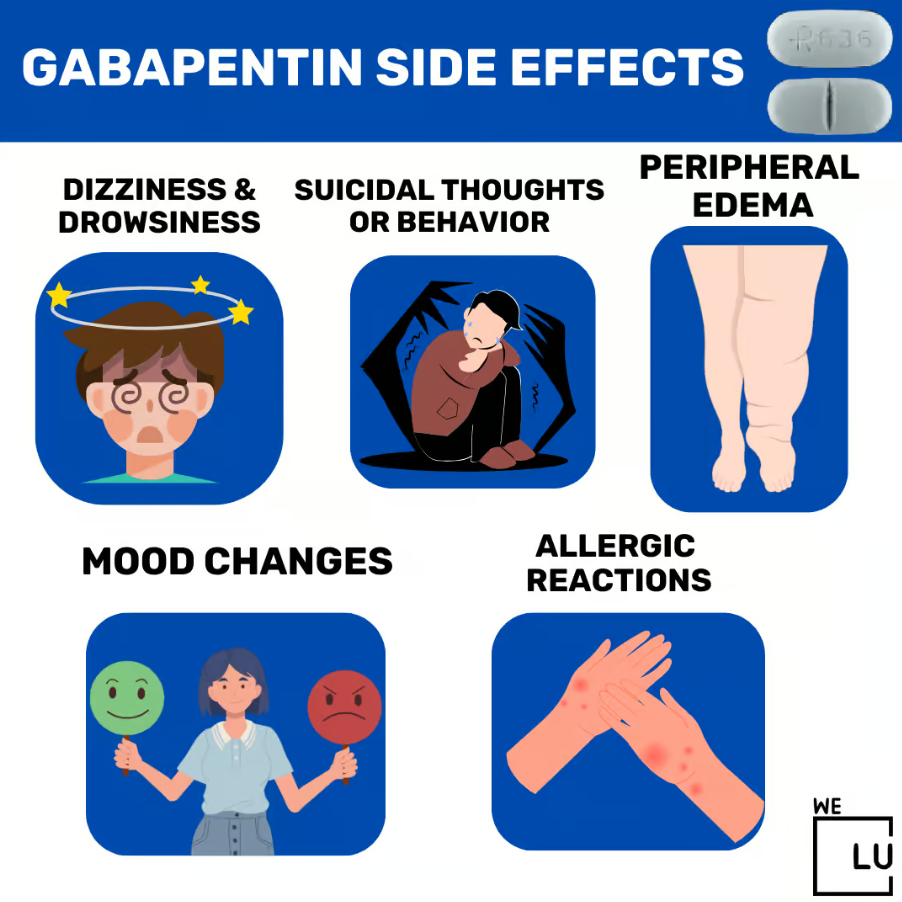
Other gabapentin addiction effects include:
- Improved sociability.
- Marijuana-like “high,” cocaine-like “high,” “amphetamine rush.”
- Disassociation.
- MDMA-like “high.”
- Increased energy and focus.
- Improved quality of sleep.
- Becoming more talkative.
Abusing gabapentin, including snorting it, can increase the risk of these adverse effects. This is also true if a person mixes gabapentin with other drugs like alcohol or opioids.
The most common side effects of gabapentin abuse include:
- Suicidal behavior and ideation.
- Drowsiness.
- Difficulty with coordination.
- Respiratory depression.
- Withdrawal symptoms, including seizures.
- Difficulty breathing.
- Swelling of the lips, throat, and tongue.
- Central nervous system depression (sedation).
- Dizziness.
- Tumorigenic potential (may form tumors).
- Sudden death in patients with epilepsy.
If you’re struggling with gabapentin addiction, get treatment counseling that works. Discover professional help from We Level Up Texas’ addiction and mental health therapists. Start getting support with a free call to our addiction hotline.
Get Help. Get Better. Get Your Life Back.
Searching for Accredited Drug and Alcohol Rehab Centers Near You? We Level Up Texas Is Opening Soon!
Even if you have failed previously and relapsed, or are in the middle of a difficult crisis, we stand ready to support you. Our trusted behavioral health specialists will not give up on you. When you feel ready or just want someone to speak to about therapy alternatives to change your life call us. Even if we cannot assist you, we will lead you to wherever you can get support. There is no obligation. Call our network hotline today.
FREE Addiction Hotline – Call 24/7Is Gabapentin Addictive?
After heavy or extended use of gabapentin, your system can develop dependency and would need more of the drug to function and avoid a possible dangerous withdrawal. Fortunately, getting medically assisted gabapentin detox can help you slowly wean off gabapentin while under medical care.
Gabapentin Addiction
Gabapentin was misused primarily for recreational purposes, self-medication, or intentional self-harm and was misused alone or in combination with other substances, especially opioids, benzodiazepines, and alcohol. Individuals with histories of drug abuse were most often involved in its misuse.
According to the Centers for Disease Control and Prevention, epidemiological and case report evidence suggests that the anti-epileptic and analgesic medication gabapentin is being misused internationally, with substance abuse populations at particular risk for misuse/abuse. [3]
Gabapentin Overdose Warnings
A gabapentin overdose is shocking to many because, since its creation in the 1980s, gabapentin has been widely believed to be relatively harmless with no danger of misuse. This anti-seizure medication has begun to draw national attention as alarming trends show rising abuse and directly related fatalities.
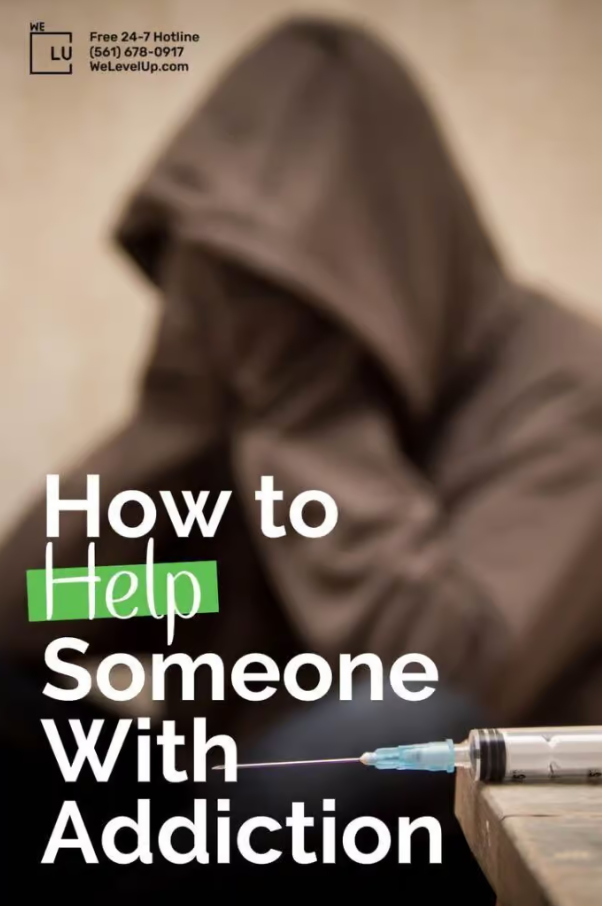
Healthcare providers need to be aware of this risk in their patients and monitor them for signs of abuse and dependence along with withdrawal symptoms.
Here are the symptoms of a gabapentin overdose:
- Double or blurred vision.
- Slurred speech.
- Drowsiness.
- Diarrhea.
- Coordination difficulties.
- Tremors.
- Restlessness.
- Unusual eye movements.
- Increased seizures (for individuals with epilepsy).
- Loss of consciousness.
In case of suspected gabapentin overdose, it is critical to contact 911 or go to the emergency room immediately.
Gabapentin Withdrawal Symptoms
Once someone develops a gabapentin addiction, a cycle of both physical and psychological dependence occurs. It is advisable to seek medical guidance when discontinuing the medication to manage potential withdrawal effects and ensure a smoother transition.
The most common withdrawal symptoms of gabapentin include:
- Anxiety.
- Insomnia.
- Nausea.
- Sweating.
- Fatigue.
- Irritability.
- Headache.
- Dizziness.
- Seizures (in rare cases).
- Tremors.
- Intense cravings.
If you’re seeking assistance with your rehab journey, reach out to a We Level Up Texas treatment professional today—your call is free and confidential.
Opening Soon! First-Class Facilities & Amenities
World-Class High-Quality Addiction & Mental Health Rehabilitation Treatment
Coming Soon! Rehab Centers TourRenowned Addiction Centers. Serene Private Facilities. Inpatient Rehab Programs Vary.
FREE Addiction Hotline – Call 24/7Proven recovery success experience, backed by a Team with History of:
- 15+ Years Experience
- 100s of 5-Star Reviews
- 10K+ Recovery Successes
- Low Patient to Therapist Ratio
- Onsite Medical Detox Center
- Comprehensive Dual-Diagnosis Treatment
- Complimentary Family & Alumni Programs
- Coaching, Recovery & Personal Development Events
Treatment for Gabapentin Addiction
Getting treatment for gabapentin addiction is essential to overcoming the difficulties brought on by drug abuse. To treat the psychological as well as the physical components of addiction, getting expert assistance is essential. Promoting recovery and avoiding relapses need a thorough strategy.
Medical Gabapentin Detox
Do not try to detox on your own. The detox process can be painful and difficult without medical assistance. However, getting through the detox process is crucial for continued treatment. The We Level Up Texas Treatment Center provides proper care with round-the-clock medical staff to assist your recovery.
Therapy
As the addiction treatment community realizes that addiction is a mental disorder, the relationship between mental health and addiction disorders becomes more complex. Many substance use disorder treatment communities largely lack a proper understanding of dually diagnosed conditions, such as depression and drug abuse, so these conditions are still treated separately or worse–not treated or diagnosed.
The We Level Up Texas Treatment Center has professionals trained to help treat co-occurring disorders concurrently. This type of tandem treatment provides some of the best success rates.
The most effective therapies for treating gabapentin addiction and mental health issues are:
- Cognitive Behavioral Therapy (CBT).
- Motivational Enhancement Therapy (MET).
- Contingency Management (CM).
- Supportive Psychotherapy.
- Group Therapy.
- Mindfulness-Based Interventions.
- Dialectical Behavior Therapy (DBT).
- Medication Assisted Treatment (MAT), when applicable.
- 12-Step Programs.
- Integrated Treatment for Co-occurring Disorders (when mental health issues are present).
Inpatient Rehab
The inpatient treatment approach works best to change the person’s behaviors. Also, it will help clients establish social support systems and better coping methods. However, a person will likely experience many different side effects from the abuse and misuse of gabapentin. These side effects may be physical, emotional, or mental.
For instance, someone in withdrawal will likely experience many uncomfortable feelings and negative thoughts about life during detox. Unfortunately for those with dependency, medically assisted gabapentin detox is an unavoidable first step toward recovery.
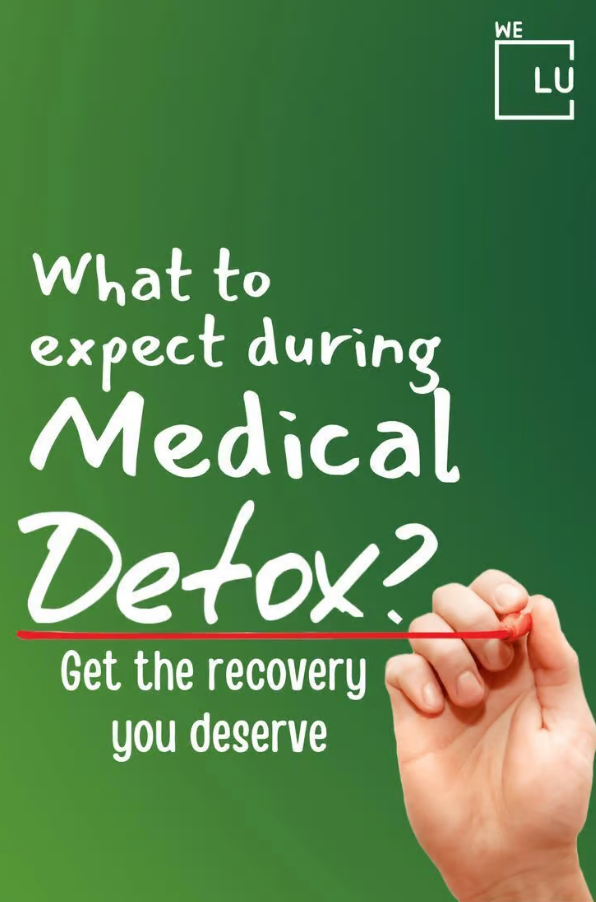
We Level Up Texas Gabapentin Drug Rehab
Get back on track with We Level Up Texas inpatient rehab center for gabapentin addiction. Our expert team and medical professionals are ready to guide you through a personalized recovery plan at our top-notch Texas facility. We combine proven methods with compassion and a science-based approach to help you break off gabapentin’s hold.
Reach out to We Level Up Texas Treatment Center today if you or someone you know is addicted to gabapentin or any other substance for additional information on how to get support.
Programs offered at We Level Up Texas inpatient rehab for gabapentin addiction include:
- Detoxification Services.
- Dual Diagnosis Treatment.
- Individual Counseling.
- Group Therapy.
- Medical Supervision.
- Educational Workshops.
- Holistic and Evidence-Based Therapies.
- Aftercare Planning.
Are you seeking gabapentin drug rehab centers? Get a free rehab insurance check without any obligation. The result can help you explore several treatment options.
Gabapentin Ruined My Life: A Nightmare You Can’t Ignore! | Informative Video
Start a New Life
Begin with a free call to an addiction & behavioral health treatment advisor. Learn more about our dual-diagnosis programs. The We Level Up treatment center network delivers recovery programs that vary by each treatment facility. Call to learn more.
- Personalized Care
- Caring Accountable Staff
- World-class Amenities
- Licensed & Accredited
- Renowned w/ 100s 5-Star Reviews
We’ll Call You
Search We Level Up Texas Dangers of Snorting Gabapentin, Detox Topics, and Resources
Sources
- Smith RV, Havens JR, Walsh SL. Gabapentin misuse, abuse and diversion: a systematic review. Addiction. 2016 Jul;111(7):1160-74. Doi: 10.1111/add.13324. Epub 2016 Mar 18. PMID: 27265421; PMCID: PMC5573873. https://www.ncbi.nlm.nih.gov/pmc/articles/PMC5573873/
- Yasaei R, Katta S, Saadabadi A. Gabapentin. [Updated 2022 Dec 19]. In: StatPearls [Internet]. Treasure Island (FL): StatPearls Publishing; 2023 Jan-. Available from: https://www.ncbi.nlm.nih.gov/books/NBK493228/ Dangers of snorted gabapentin; gabapentin snorting; gabapentin snorted; can you snort a gabapentin?
- Quintero GC. Review about gabapentin misuse, interactions, contraindications, and side effects. J Exp Pharmacol. 2017 Feb 9;9:13-21. Doi: 10.2147/JEP.S124391. PMID: 28223849; PMCID: PMC5308580. https://www.ncbi.nlm.nih.gov/pmc/articles/PMC5308580/
- Smith BH, Higgins C, Baldacchino A, Kidd B, Bannister J. Substance misuse of gabapentin. Br J Gen Pract. 2012 Aug;62(601):406-7. Doi: 10.3399/bjgp12X653516. PMID: 22867659; PMCID: PMC3404313. https://www.ncbi.nlm.nih.gov/pmc/articles/PMC3404313/
- Qiu X, Tackett E, Khitan Z. A case of gabapentin overdose induced rhabdomyolysis requiring renal replacement therapy. Clin Case Rep. 2019 Jul 11;7(8):1596-1599. Doi: 10.1002/ccr3.2302. PMID: 31428399; PMCID: PMC6692987. https://www.ncbi.nlm.nih.gov/pmc/articles/PMC6692987/
- Lennox R, Mangin D. Gabapentin misuse. CMAJ. 2019 Jan 14;191(2):E47. Doi: 10.1503/cmaj.180599. PMID: 30642825; PMCID: PMC6333539. https://www.ncbi.nlm.nih.gov/pmc/articles/PMC6333539/
- Peckham AM, Evoy KE, Ochs L, Covvey JR. Gabapentin for Off-Label Use: Evidence-Based or Cause for Concern? Subst Abuse. 2018 Sep 23;12:1178221818801311. Doi: 10.1177/1178221818801311. PMID: 30262984; PMCID: PMC6153543. https://www.ncbi.nlm.nih.gov/pmc/articles/PMC6153543/
- Hewitt CA, Vincent K, Middleton LJ, et al. Gabapentin to reduce pain in women aged between 18 and 50 years with chronic pelvic pain: the GaPP2 RCT. Southampton (UK): NIHR Journals Library; 2020 Nov. (Efficacy and Mechanism Evaluation, No. 7.7.) Available from: https://www.ncbi.nlm.nih.gov/books/NBK564183/ doi: 10.3310/eme07070
- Notes from the Field: Trends in Gabapentin Detection and Involvement in Drug Overdose Deaths — 23 States and the District of Columbia, 2019–2020 – Centers for Disease Control and Prevention (CDC)
- FDA warns about serious breathing problems with seizure and nerve pain medicines gabapentin (Neurontin, Gralise, Horizant) and pregabalin (Lyrica, Lyrica CR) – Food and Drug Administration (FDA)

